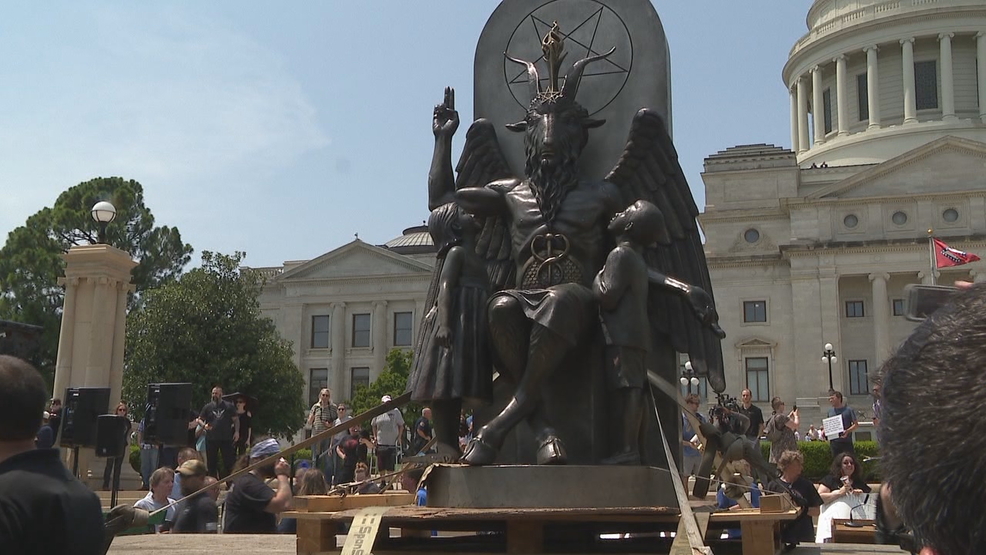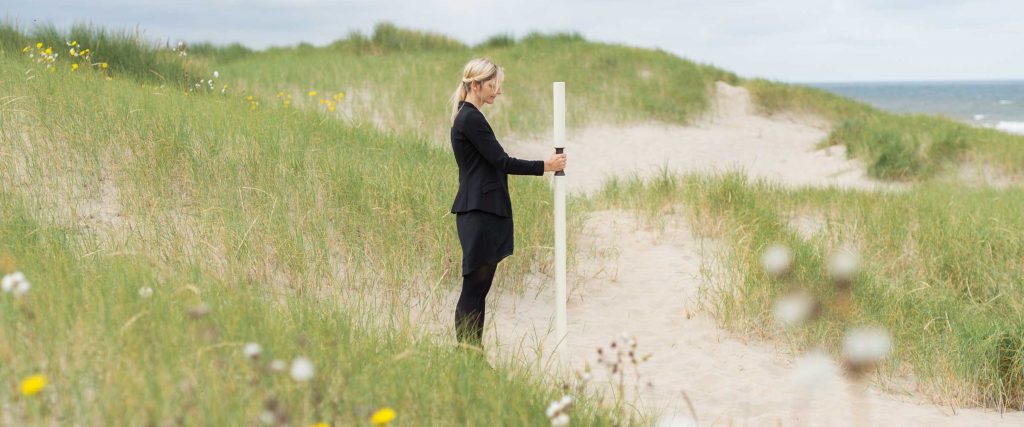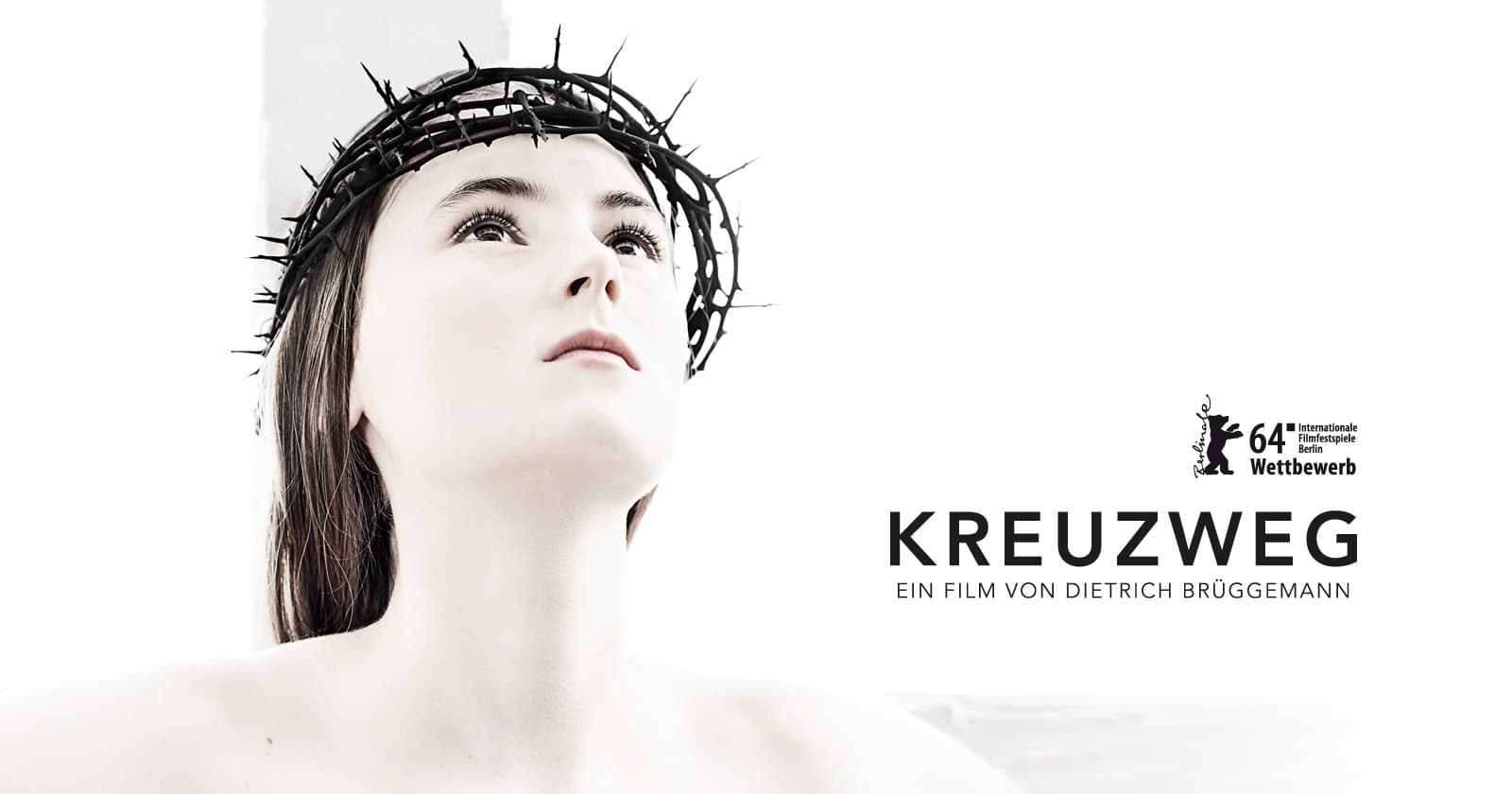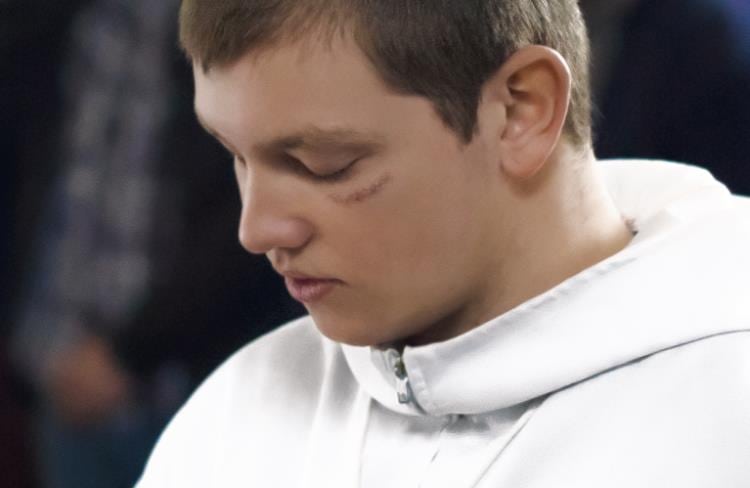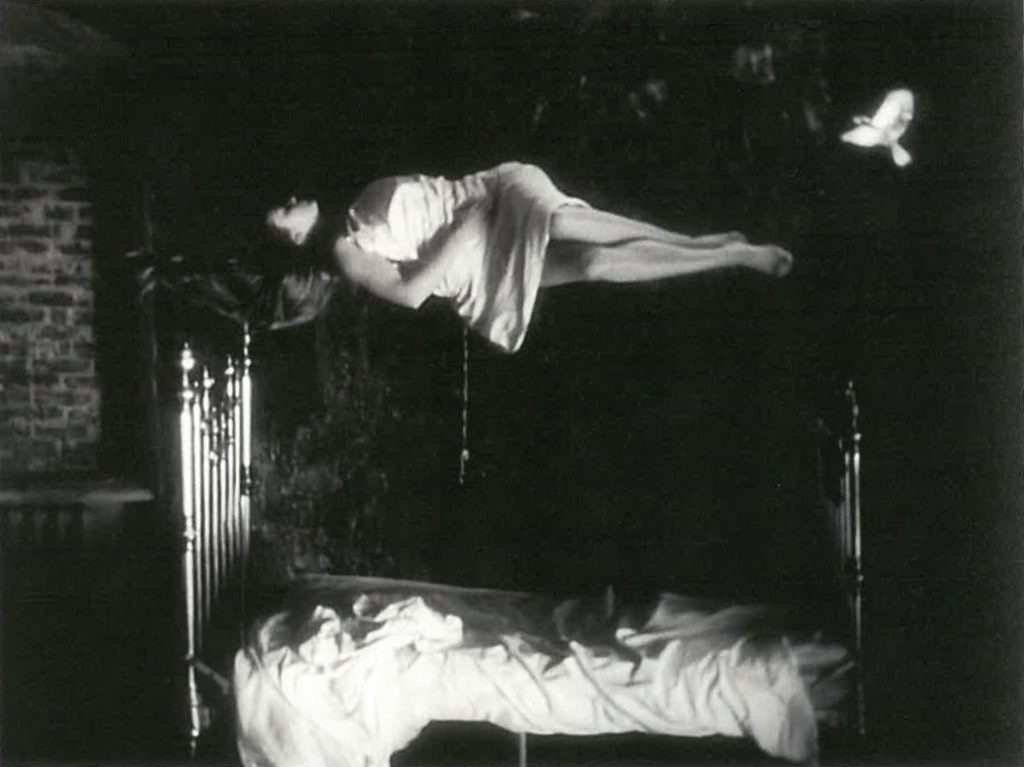
Voor indebioscoop schreef ik een essay over de plaats die religie inneemt in Andrej Tarkovski’s visie op de filmkunst. Het oeuvre van de Russische cineast is nu te bewonderen in EYE Amsterdam, waar ook een tentoonstelling over datzelfde oeuvre loopt. Over de tentoonstelling werd onlangs dit stuk gepubliceerd.
Klik hier voor het essay.
”De kunst die uit het scheppen van de kunstenaar voortkomt kan alleen geaccepteerd worden als de toeschouwer het beeld en zijn waarheid gelooft, en de kunstenaar daarin onvoorwaardelijk vertrouwt. Tarkovski legt zo een belangrijke verantwoordelijkheid bij de toeschouwer: als hij de waarheid niet zoekt, blijft ook het schone voor hem verborgen.”

